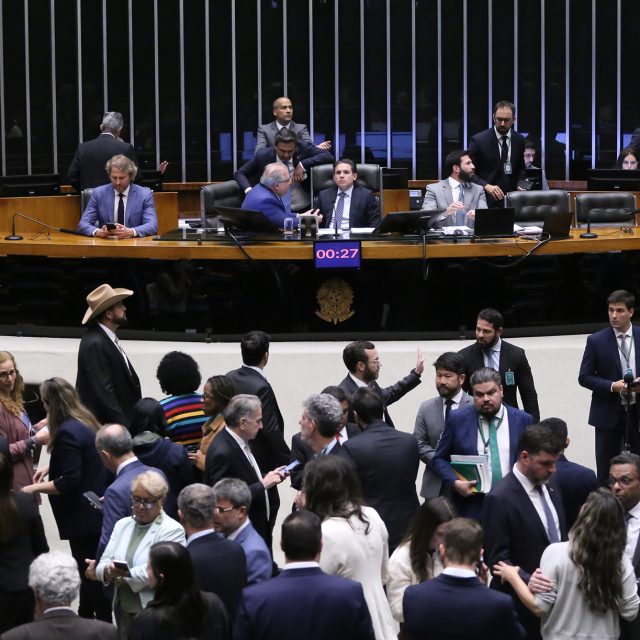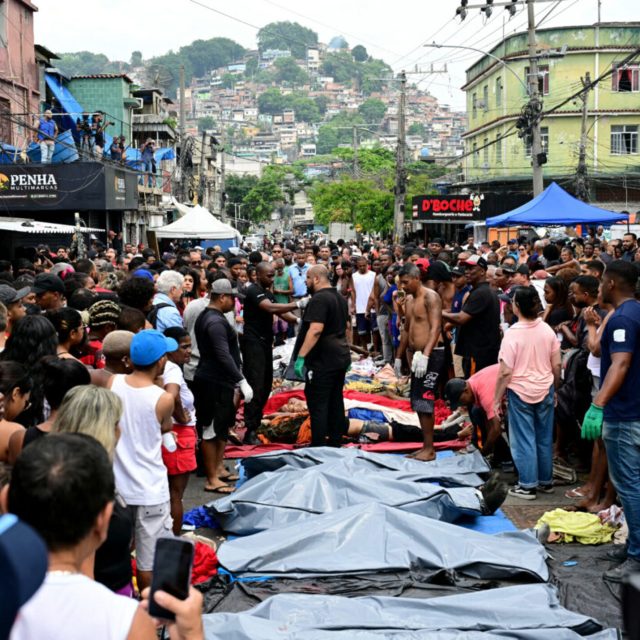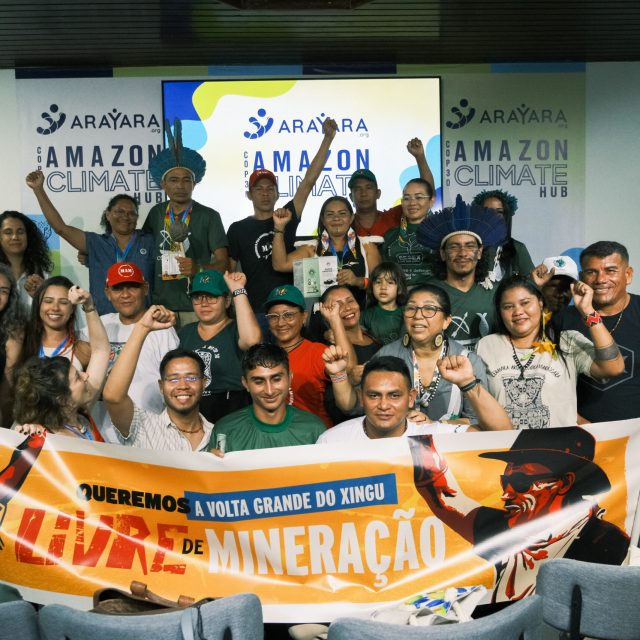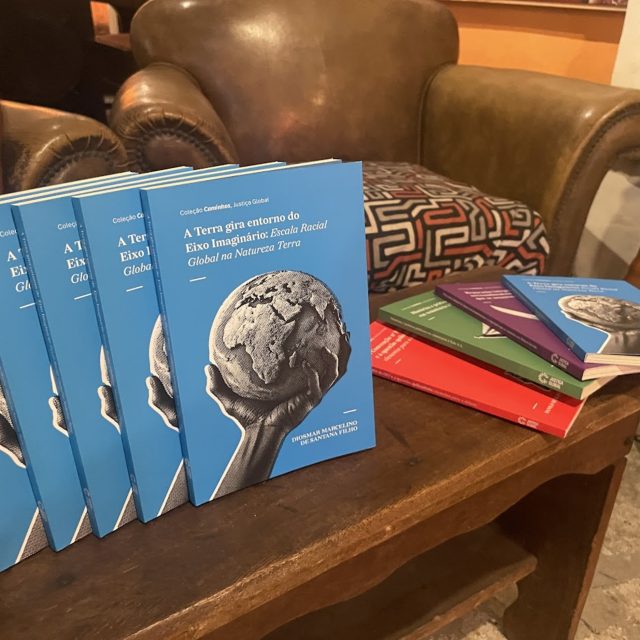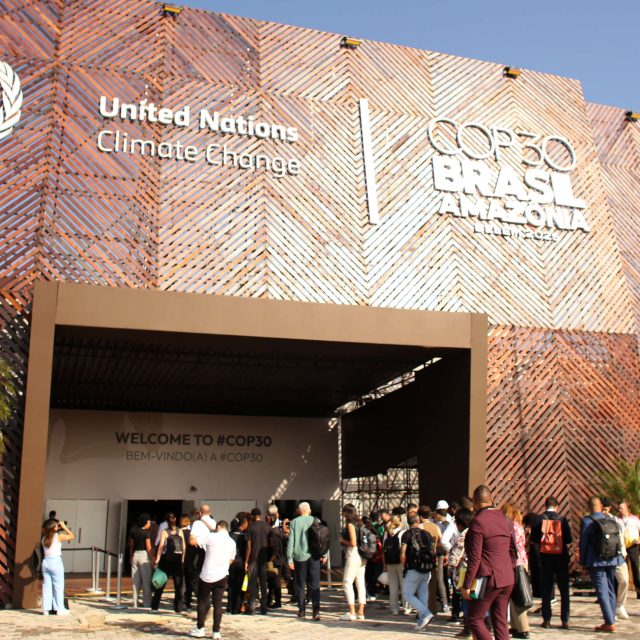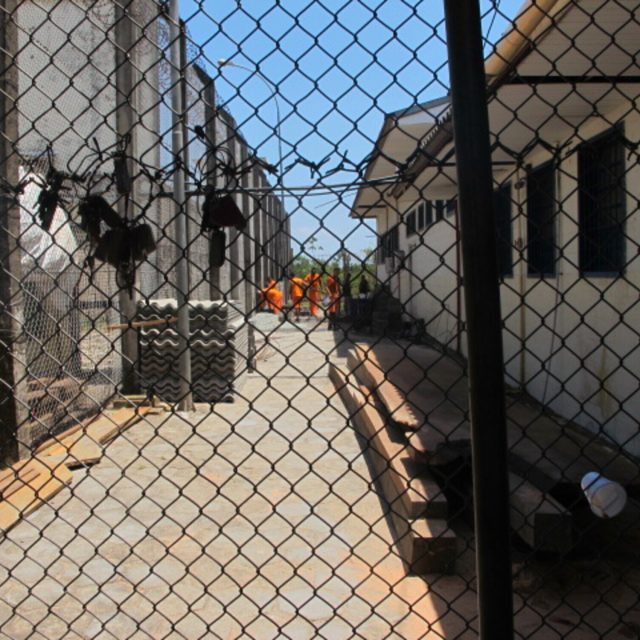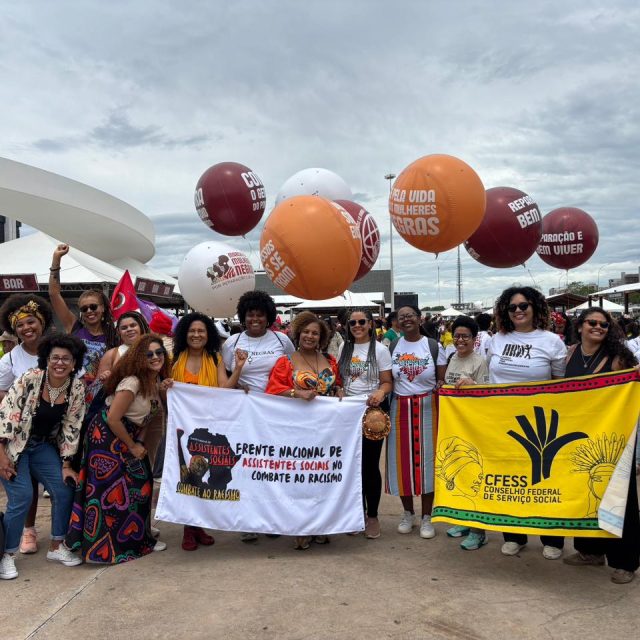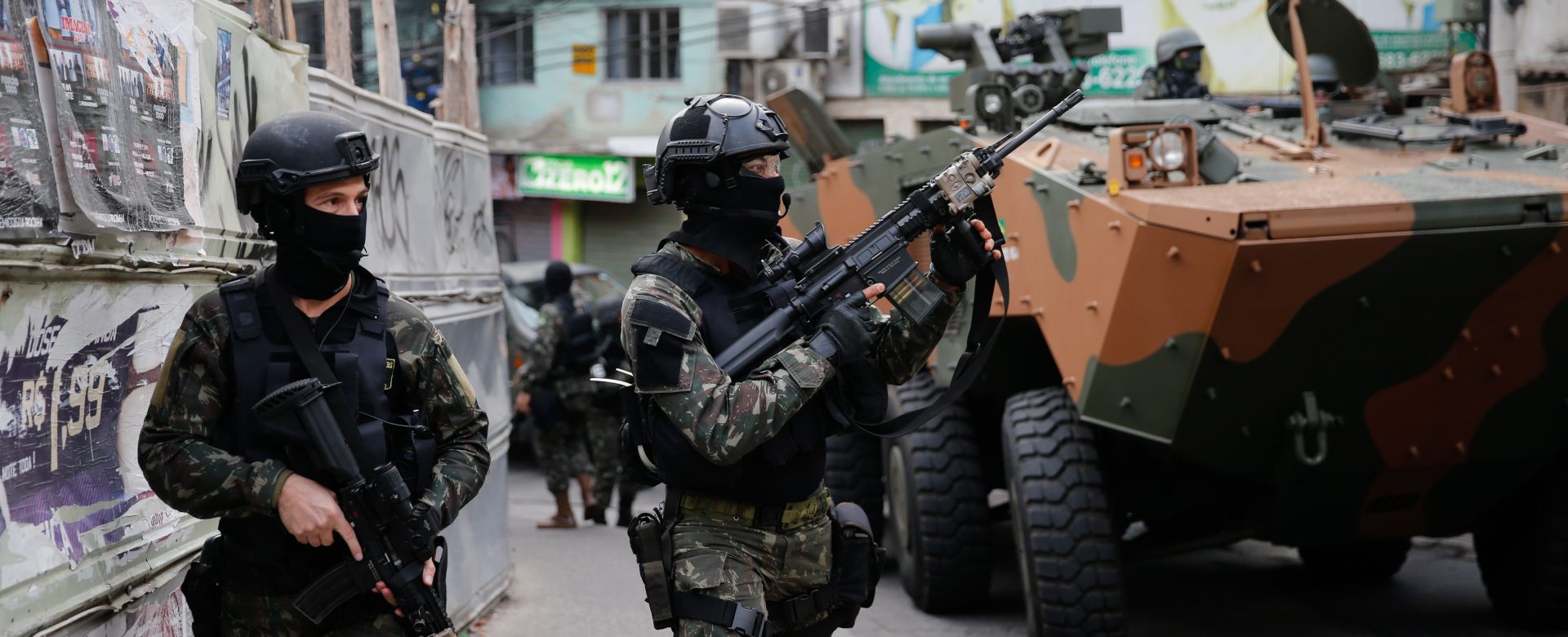
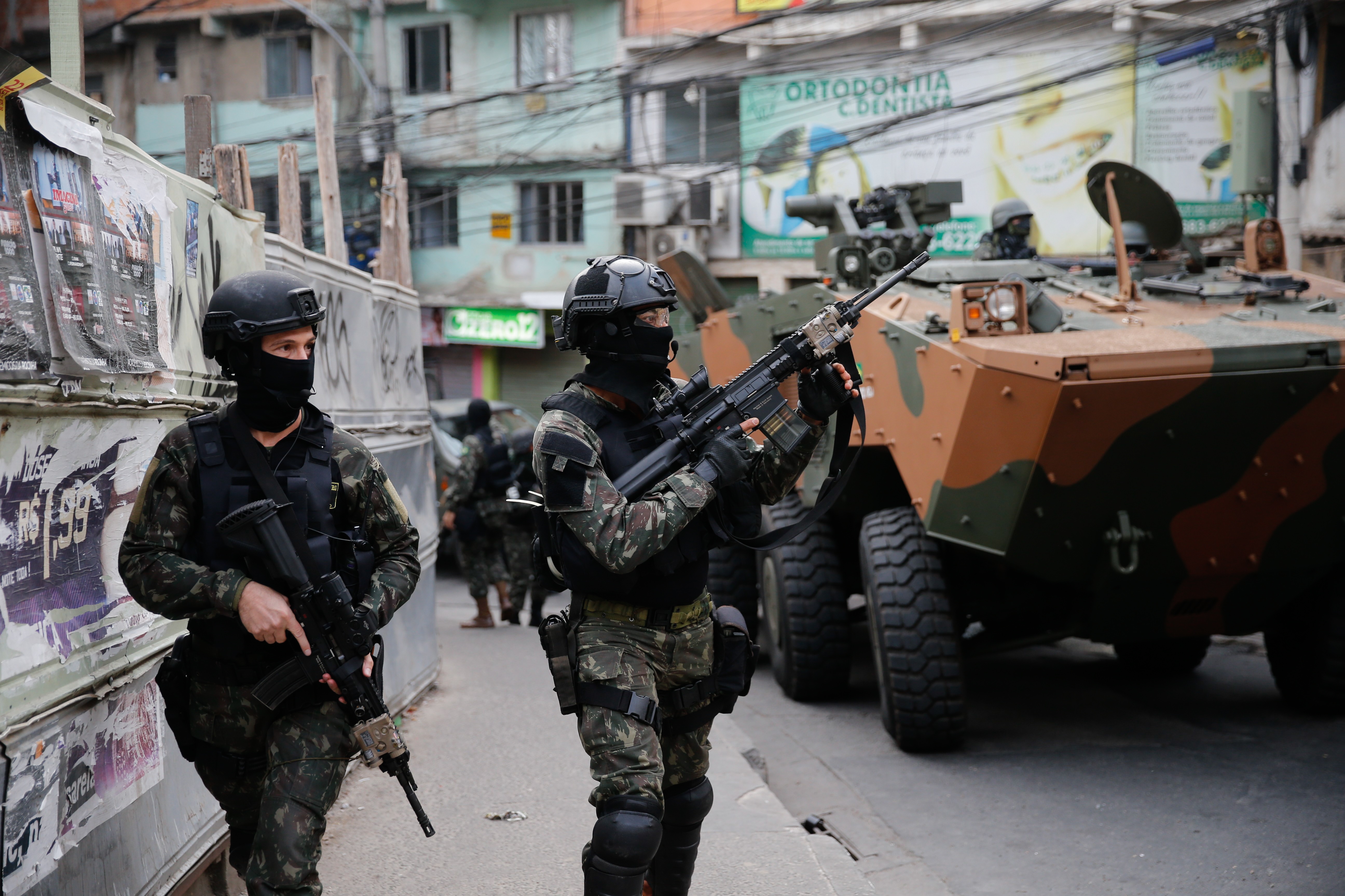
The austerity policies adopted by the Brazilian State are impacting Human Rights directly. In order to denounce this serious situation in the country, the Dhesca Brazil Platform launched a special report analysing different cases that point to the scrapping of essential social policies, as well as the dangerous paths adopted in areas such as Public Security. Justiça Global, which is a member of the Platform’s coordination board, directly contributed to the building of this report, especially in the mission held in Rio de Janeiro in September. The material, which has yielded a special website, also points to steps that can be taken to reverse this picture.
In Rio, there were meetings with activists, movements and families of state victims to produce the report. One of the highlights was Rafael Braga, a young black man accused of carrying explosive material during the demonstrations in 2013. The Platform also analysed three other cases: the conflicts in the countryside and the dismantling of the land reform policy in Goiás, Pará and Mato Grosso; the situation of indigenous peoples and FUNAI, in Maranhão and Pará; the homeless population situation and the public policies built for it, in São Paulo and Paraná; and the triple epidemic, addressing the lack of assistance to women and mothers of children with microcephaly, related to the dismantling of SUS and the National Plan for Basic Sanitation in Pernambuco.
Analysing the issue of Public Safety within the austerity policy, Dhesca Platform emphasizes that the impacts of state actions directly affect the life, work, education and leisure of those living in favelas and peripheries, not only in the Rio de January, but from all over the country. “As police violence has a rebound in education, because children can not go to school as a result of the shootings, they lose their spot and their families lose the benefit of Bolsa Família,” explains Justiça Global coordinator Melisanda Trentin, highlighting the fact that the police of Rio de Janeiro has the practice of carrying out operations during schools functioning time, which often stop working so as not to put students at risk.

